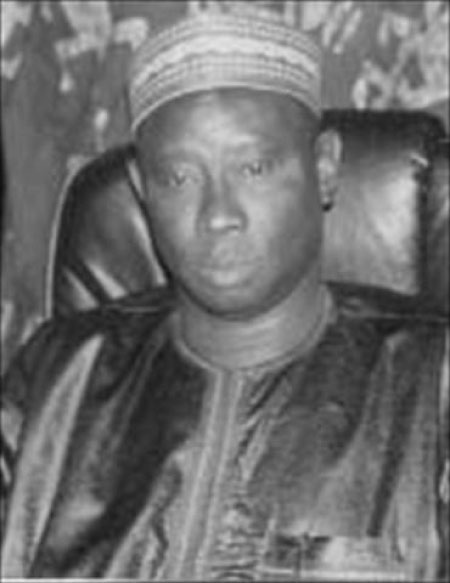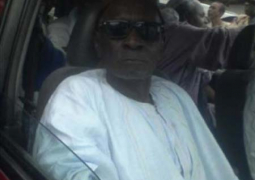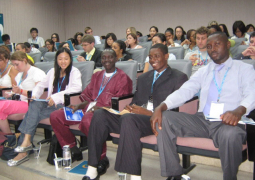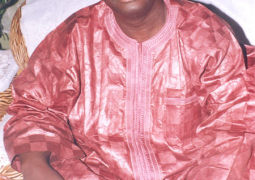
Senegal has formally protested to The Gambia about the execution of two of its nationals on Sunday.
Prime Minister Abdoul Mbaye summoned The Gambia’s ambassador Mass Axi Gai on Wednesday and demanded that the life of a third Senegalese death-row prisoner be spared.
Earlier on Tuesday, Senegalese President Macky Sall said that he has summoned Gambia’s ambassador after confirming that two of its nationals were among nine prisoners executed by firing squad in Gambia amid international outcry.
Sall joined international appeals for Gambia to halt planned executions of death row prisoners.
“I have asked the prime minister to summon the ambassador of The Gambia tomorrow to notify the position of the state of Senegal. If he does not come at the appointed time, he will leave Senegal,” Sall told a news conference late on Tuesday.
The BBC’s Mame Less Camara in Senegal’s capital, Dakar, says Mr Mbaye warned the ambassador that relations between the two countries would take a turn for the worse if the remaining Senegalese on death row was executed.
The ambassador promised to take the message “up the chain of command”, a Senegalese government official is quoted by the AFP news agency as saying.
Mr Mbaye summoned the ambassador to his office following a directive from President Macky Sall, who said he was dismayed and surprised that the executions took place without Senegal being informed through diplomatic channels.
Senegal’s Sall, who saw off incumbent Abdoulaye Wade in a March presidential election, has sought to enlist Gambian cooperation to end a low-intensity separatist rebellion in the Casamance region that skirts Senegal’s neighbour.
The United States also condemned “the lack of transparency and haste” of the executions and an apparent lack of due process leading to the death sentences.
The ministry of the Interior confirmed on Monday it had executed nine death row inmates following their convictions and pronouncements of death sentences by the Gambian courts of competent jurisdiction and further to the exhaustion of their appeals.
“Halt Executions”
The U.N. special rapporteur on arbitrary executions, Christof Heyns, said the executions were a step backward for The Gambia, which has had a 27-year moratorium on the death penalty and abolished capital punishment for drug offences in April 2011.
Heyns also raised concern over the trials and the execution of the sentences.
“According to available evidence the trials did not meet due process safeguards,” Heyns said in a statement.
“The executions were carried out in secrecy, away from the public and from the families, and do not meet the requirements of transparency.”
In Washington, the State Department said it was “greatly concerned” by the executions and called on the Gambia government to stop them, pending further review.
“The United States calls on President Jammeh to immediately halt all executions in order to review all of The Gambia’s capital cases and ensure that they are in accordance with The Gambia’s domestic law and its international obligations,” State Department spokeswoman Victoria Nuland said in a statement.
Also the European Union has called on Gambia to stop executing death row inmates, and said the bloc would come up with a quick but unspecified response.
“I strongly condemn the executions which have reportedly taken place on Thursday 23 August 2012, following President Jammeh’s stated intention to carry out all death penalties before mid-September,” EU foreign affairs chief Catherine Ashton said in a statement.
“I demand the immediate halt of the executions.”
“In light of these executions, the European Union will urgently consider an appropriate response,” Ashton said.
She reminded Gambia of a commitment to respect human rights in an accord between the bloc and a number of African countries.
The EU plans to give Gambia 65.4 million euros from 2008 to 2013 under a European Development Fund programme. The aid funds projects in areas such as infrastructure and governance.




